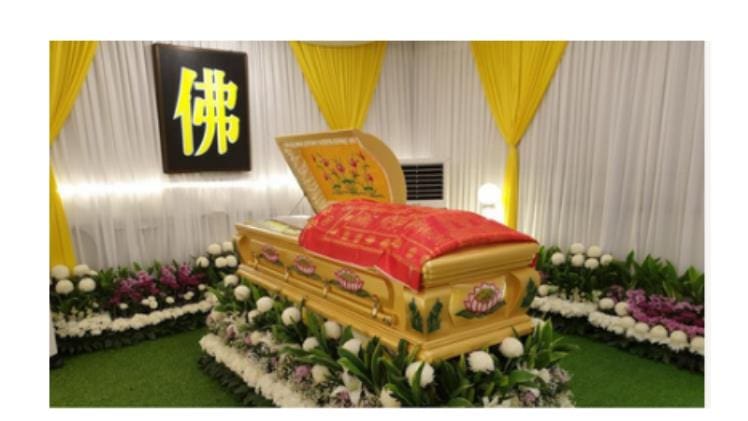In the tapestry of human existence, the inevitability of death is a thread that binds us all. While the concept of death is universal, the way different cultures and religions approach it varies significantly. One such unique approach can be found in Buddhist funeral services. Rooted in the teachings of Siddhartha Gautama, the Buddha, these ceremonies are profound, emphasising not just the departure of a loved one but the eternal cycle of life, death, and rebirth. In this article, we will delve into the intricate world of Buddhist funeral services, shedding light on their customs, rituals, and significance.
The Foundation: Buddhist Beliefs on Death
Buddhism, founded in ancient India, is guided by the belief in karma and reincarnation. Central to this belief system is the notion that death is not the end but a transition. When a person passes away, their soul, or consciousness, continues its journey through a cycle of rebirths, called samsara. The ultimate goal of top buddhist funeral services is to attain enlightenment and escape this cycle, achieving Nirvana – a state of liberation from suffering and rebirth.
Buddhist Funeral Rituals
- Preparation of the Body: Buddhist funeral services begin with the careful preparation of the deceased’s body. It is cleaned and dressed in white, symbolising purity. In some Buddhist cultures, the body may be placed in a seated position, reflecting the meditative state of the Buddha.
- Chanting and Prayers: Monks play a central role in Buddhist funerals. They conduct chanting and recite prayers from sacred texts, such as the Sutras, to guide the soul on its journey and offer blessings for a peaceful transition.
- Offerings: Friends and family members often bring offerings like fruits, flowers, and candles to the funeral. These offerings represent the impermanence of life and symbolise their respect for the deceased.
- Cremation: In many Buddhist traditions, cremation is the preferred method of disposing of the body. The act of cremation serves as a reminder of the impermanence of life and the transitory nature of existence.
- Meditation and Reflection: Buddhist funerals provide a space for meditation and reflection. Attendees are encouraged to contemplate the deceased’s life, their own mortality, and the teachings of Buddhism.
Significance of Buddhist Funeral Services
- A Reminder of Impermanence: Buddhist funerals serve as a poignant reminder that life is impermanent. By confronting the reality of death, individuals are motivated to live mindfully and make the most of their time on Earth.
- A Path to Peace: These ceremonies offer solace and comfort to grieving families. The rituals and prayers provide a sense of closure and the belief that the departed soul is on its journey to a better state.
- Community and Support: Buddhist funerals bring communities together, fostering support and empathy among the grieving. The collective experience of mourning helps individuals cope with their loss.
Buddhist funeral services are a profound and spiritual way of bidding farewell to loved ones. Rooted in ancient wisdom, these rituals offer a unique perspective on death and its place in the grand tapestry of existence. By emphasising the impermanence of life and the eternal cycle of rebirth, Buddhism provides a comforting framework for understanding and coping with loss.

In a world where death is often feared and avoided, Buddhist funeral services offer a refreshing perspective – one that encourages us to embrace the reality of our mortality and, in doing so, appreciate the preciousness of life. These ceremonies remind us that death is not an end but a transition, and in that transition, there is hope for a better future.
As we navigate the complex emotions that accompany the loss of a loved one, perhaps we can find solace in the wisdom of Buddhism. In honouring the departed with these ancient rituals, we may also find a path to inner peace and a deeper appreciation for the intricate dance of life and death.

